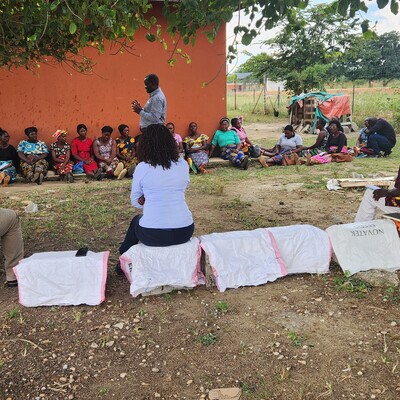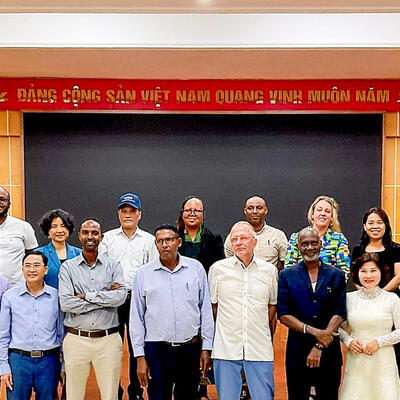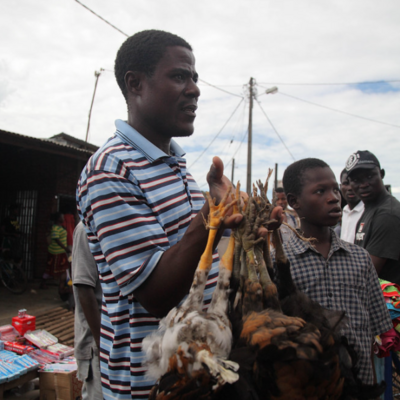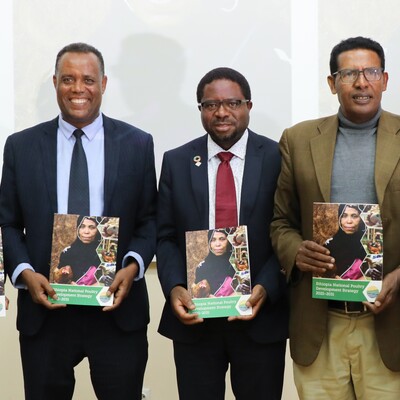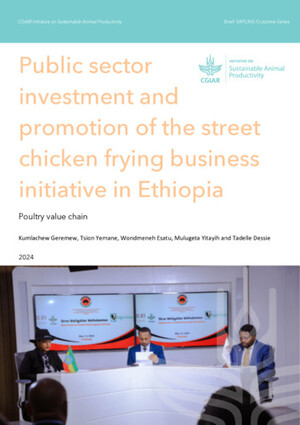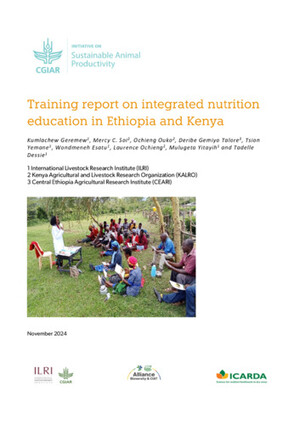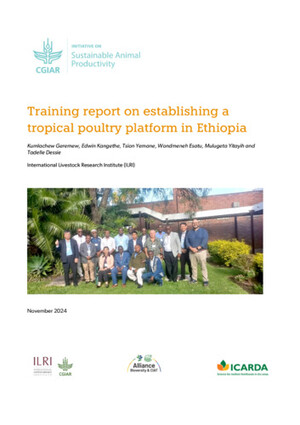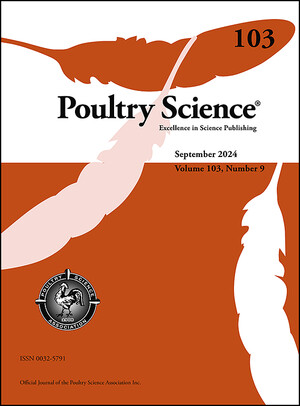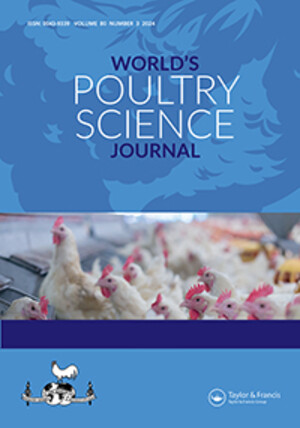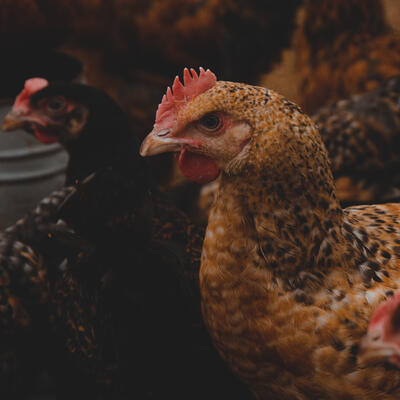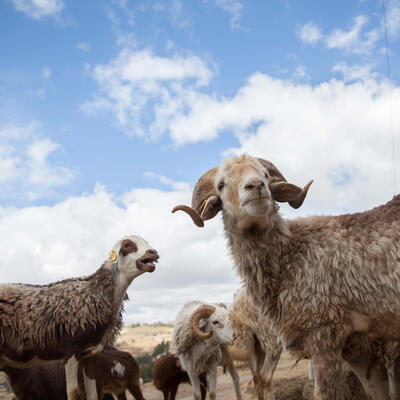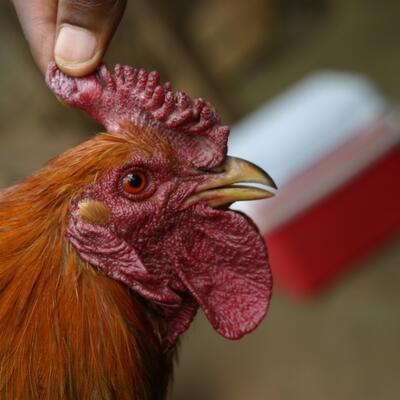
Voices on chicken genetics: Towards higher productivity and greater socio-economic benefits from poultry

Alabi Olayinka (photo credit: A. Olayinka)
Alabi Olayinka, subnational coordinator for Zone 1 in Kwara State of Nigeria, introduces herself and her work in this post, which is one of a series of portraits of key people in the African Chicken Genetic Gains (ACGG) program.
Tell us about your background
I got my initial training in general agriculture and later specialized in animal production with particular interest in animal nutrition.
What is your function and what are you currently working to accomplish in ACGG?
I work as subnational coordinator (SNC) for Zone 1 (Kwara State) in ACGG-Nigeria. I am currently facilitating, coordinating and implementing the various activities of the project in my subnational and agro-ecological area.
What is the next piece of work you are focusing on right now within and perhaps also outside ACGG?
My next piece of work is promoting women’s economic and social empowerment as a way to enable rural women to break the cycle of poverty.
Why does this project matter and what gets you excited about it?
The vision of ACGG is to transform smallholder chicken production into a commercially viable enterprise with various facilitation at community level. I am excited about seeing a change in the mindsets and attitudes of poultry keepers from the present consideration of number of stocks as a status symbol to more important objectives of higher productivity and socio-economic benefits that are more business-oriented.
What about the project causes concern for you and how could this be addressed?
A major concern is the need for effective management of poultry diseases and their predisposing agents and conditions. ACGG-NG, following due process, has been able to create a body of responsive and resilient community animal health workers capable of offering quick health intervention in rural areas.
What do you foresee as the lasting impact of ACGG?
The importation of improved chicken breeds into Nigeria will make tangible impact on the livelihood of the poor rural communities.
Any other thought?
As a result of the project’s activities and active support of ACGG, female poultry producers now have good standing in the society.





